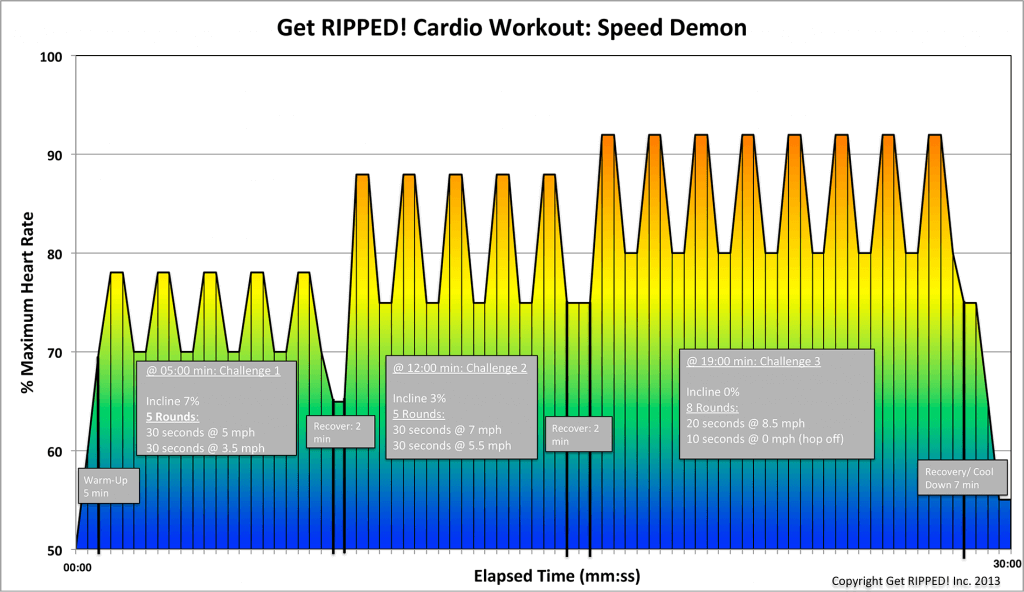Blog
Fitness And Mental Health ARE Related
 There is a definite correlation between the body and the mind. Feeling the effects of stress on your body is just one example. There are some amazing studies on patients with DID—dissociative identity disorder—where one personality had diabetes, a severe allergy and even blindness, but another of the patient’s identities didn’t. While multiple personalities are rare, there’s something to be learned from those examples. Your physical experience affects the mind and visa versa. There are studies that show fitness and mental health are related, with doctors now using exercise to help patients with mood disorders.
There is a definite correlation between the body and the mind. Feeling the effects of stress on your body is just one example. There are some amazing studies on patients with DID—dissociative identity disorder—where one personality had diabetes, a severe allergy and even blindness, but another of the patient’s identities didn’t. While multiple personalities are rare, there’s something to be learned from those examples. Your physical experience affects the mind and visa versa. There are studies that show fitness and mental health are related, with doctors now using exercise to help patients with mood disorders.
Start burning off the hormones created by stress with exercise.
In early times, man was kept alive with the fight or flight response. Today, it causes illness. Early man needed a mechanism to prepare his body to run or fight when an enemy or predator approached. The flight or fight response did just that. The brain sensed danger and sent hormones to various parts of the body to make changes that allowed more blood to flow to limbs and increased heart rate, for example. Today, stress comes in a different form for most of us. It comes from crying babies, angry spouses or even traffic jams. The brain doesn’t differentiate. It still sends those hormones that make the changes and the result is anxiety if those hormones aren’t burnt off by running or fighting. Exercise burns them away and returns the body to normal.
Many mental health care professionals are prescribing exercise as an adjunct treatment.
Both depression and anxiety respond well to exercise. The study of the role of exercise in mental health is still in its infancy, but doctors do know that exercise not only helps in treating depression, it also can help prevent depression. It does increase energy levels, while also aiding in getting good sleep. Both of those are positives when it comes to treating depression. Exercise can be a beneficial coping mechanism to replace negative ones, like alcohol or focusing on the depression.
Exercise also helps you look and feel good, which improves self-esteem.
When you workout, the amount of serotonin produced by your body increases. Serotonin regulates your sleep, your appetite and your mood. Exercise also stimulates the production of feel good hormones like endorphins. It depresses the production of chemicals in the immune system that make you feel depressed and reduces the effects that stress causes on the brain.
- When you workout, you often get out of a cycle of self-pity, worry or sadness. You change your focus to something energizing. Once you start seeing results, it brings a sense of accomplishment.
- People who use exercise to help control depression often fare better than those who don’t because they have the added feeling of self-control.
- Exercise improves your posture and makes you look more confident. Looking more confident can make a huge difference in how you feel and how others treat you.
- Nothing is more fulfilling and reassuring than reaching a goal or facing challenges and meeting them head on with a winning attitude. A program of regular exercise will provide those victories that boost your spirit as it improves your appearance.


